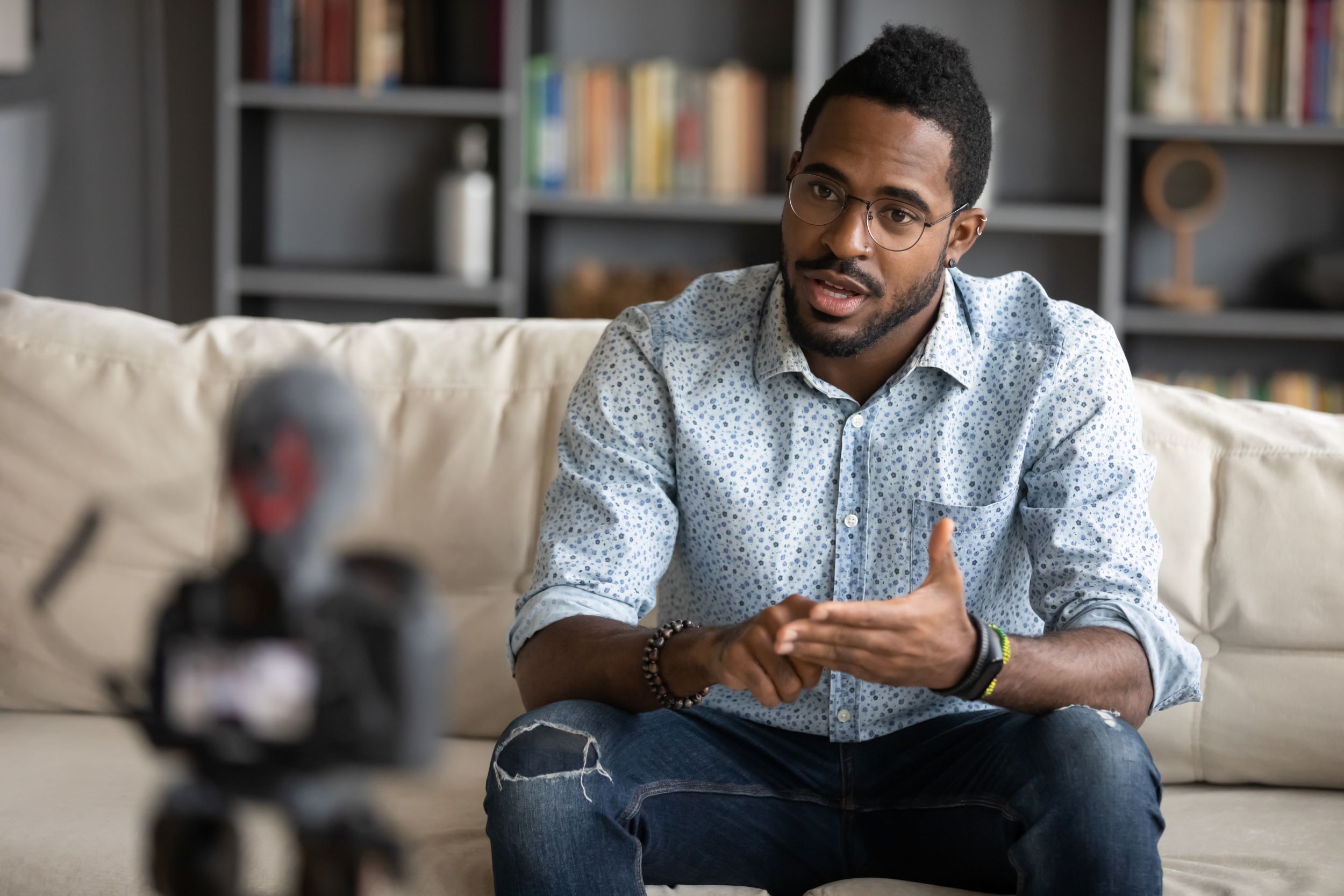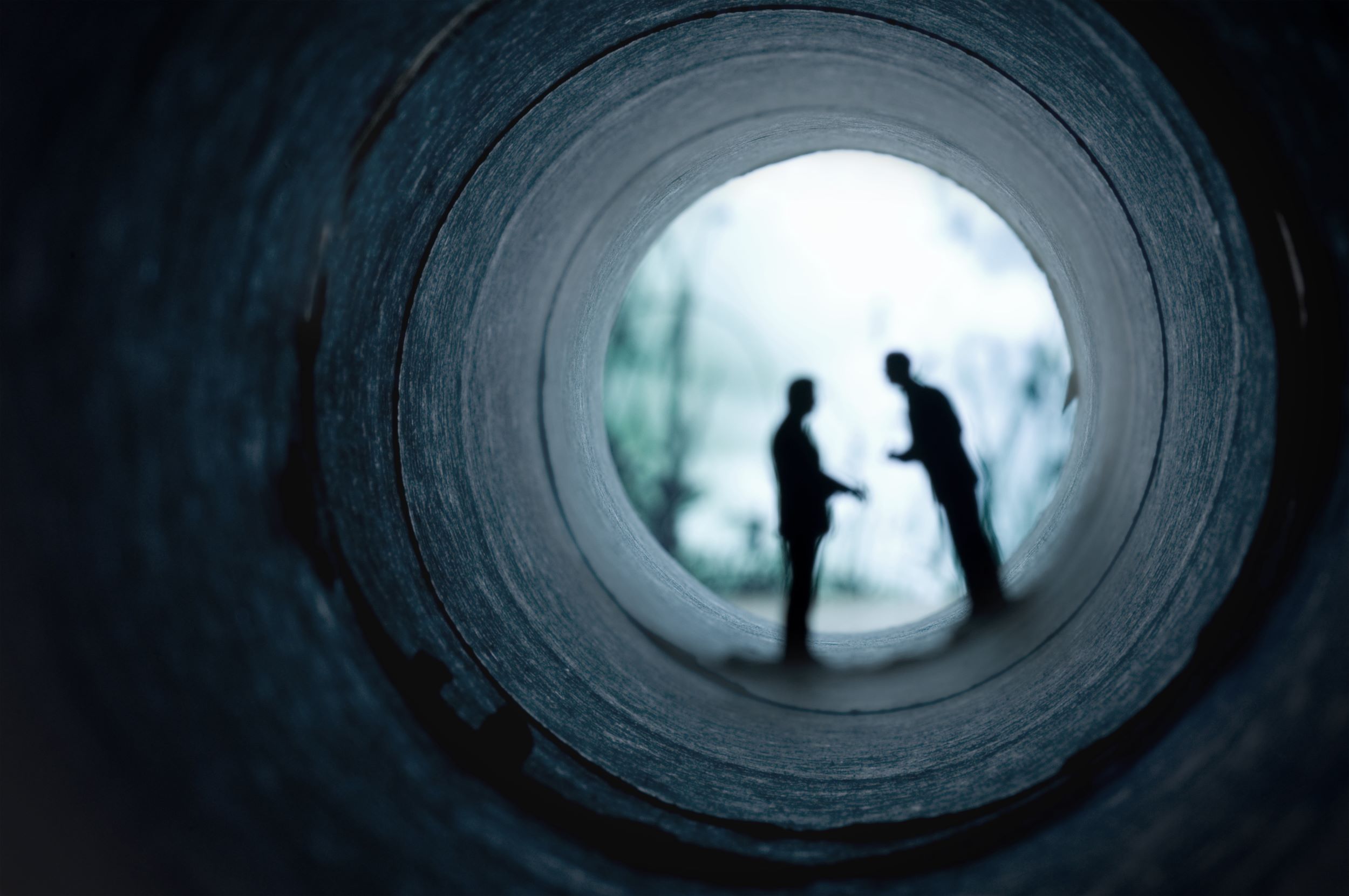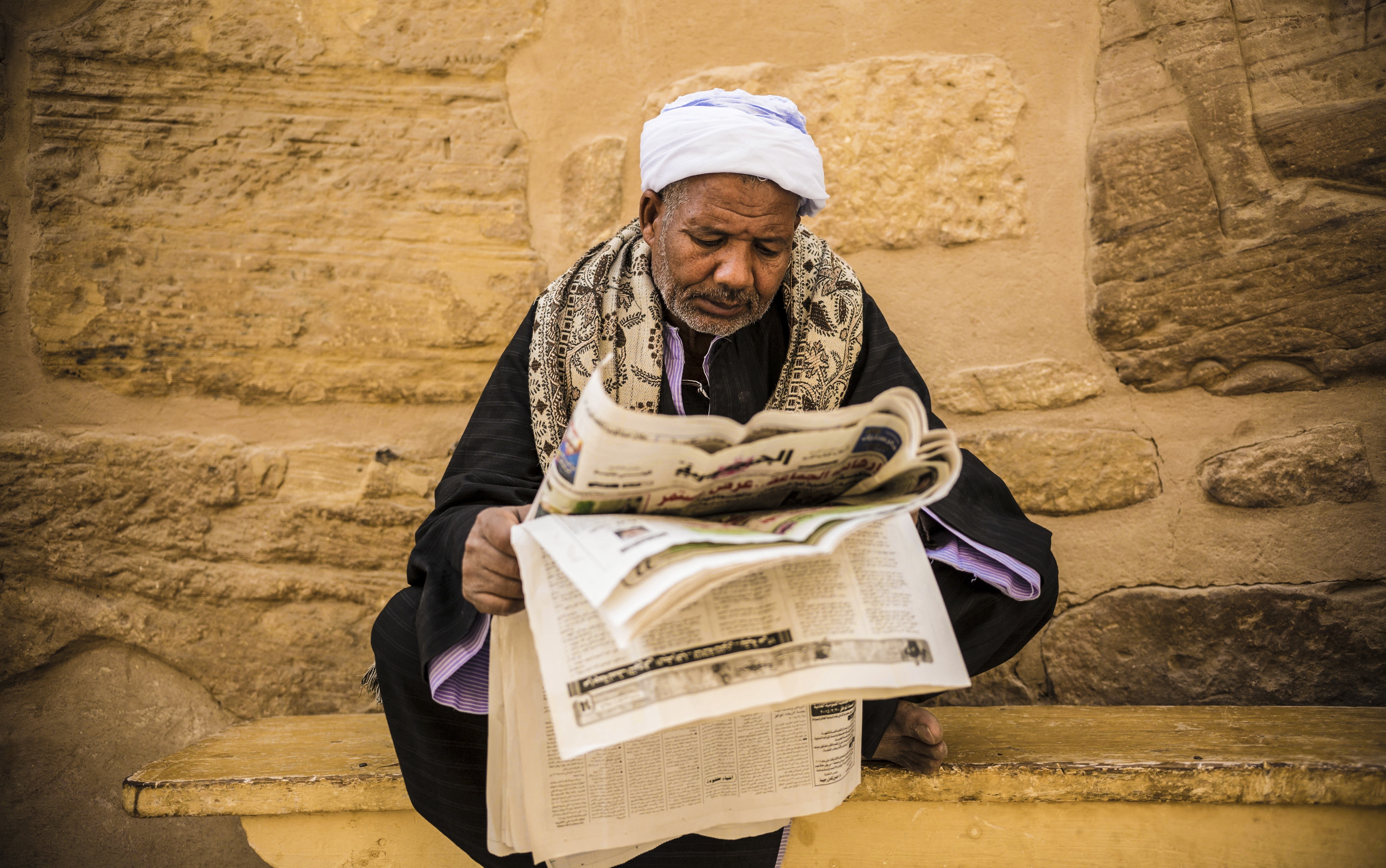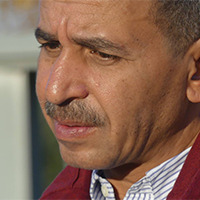In the first of our series on investigative journalism, we look at how journalists decide what to investigate
Investigative journalism focuses on one particular clear angle that can be proven or disproven through in-depth research and careful documentation conducted by the journalist and their team. It focuses not on isolated cases but on systemic failures and recurrent models in order to establish the underlying causes, win justice for victims and put an end to violations.
There are several different ways in which investigative journalists can get ideas for stories. The most important are:
Intuition
When the American journalist and editor of the Boston Globe, Marty Baron, read a report in 2001 about a priest sexually assaulting a child at a Catholic Church in Boston, something told him that this was not an isolated incident but a systematic cover-up of paedophile priests. This gut feeling led him and his ‘Spotlight’ team to conduct a ground-breaking investigation, for which they won a Pulitzer Prize in 2003, that showed that priests who had preyed on children were being protected by the church.

Personal Observation
Firas Al Taweel noticed that a Grand Cherokee driven by Fateh’s official spokesman, Osama Qawamsi had a registration number beginning with 31, meaning that it had been exempted from import duty. This was the first clue in an investigation that demonstrated the systematic granting of illegal exemptions to prominent public figures, losing the Palestinian treasury huge quantities of tax money.
Powers of observation and quick wits also helped Muhammad Shamma, who happened to hear some women in the street talking about a disabled girl who had had an operation to remove her womb. After introducing himself and asking some questions, he was shocked to discover that the operation had been conducted to protect the girl from rape. His investigation subsequently uncovered that many government hospitals were consistently conducting medically unnecessary hysterectomies.
Personal Sources
A friend who worked in a Jordanian government orphanage told Majdolin Alan that child residents there were experiencing physical, sexual and verbal abuse. She and her colleague, Imad Rawashdeh, investigated the allegations, and months later were able to demonstrate that orphans were experiencing physical, sexual and emotional abuse both in and after leaving orphanages. The government tried to force Alan and Rawashdeh to reveal their sources in the courts, leading to a lengthy legal battle lasting many years and ending in their vindication.
When a source provides a journalist with information that may spark an investigation, they must ask for detailed information. How did this happen? Where? When? Why? Who are the main people involved? If the answers given are convincing and logical, there might be an idea there. If not, it is no more than a rumour.
Media
This might include news, incomplete reports, obituaries pages, commercial announcements or social media.
A “lest we forget” Facebook page dedicated to the memories of Arab migrants who died in a truck found leaking blood on the border between Austria and Hungary in 2015 provided the initial impetus for the investigation that produced Al Jazeera’s film, Death Truck. The investigation showed that the victims had not suffocated, as the Austrian authorities claimed, but had been deliberately killed. The team’s follow-up led the Hungarian Prosecutor General to reopen the case and ultimately to charge nine people with murder and organised crime.
Open Government Sources
Government documents are a treasure trove of information. They include sources as diverse as the official gazette, the company register, parliamentary minutes, stock market announcements, property and land registries, court judgements, tendering documents, lists of people who have been granted or stripped of citizenship.
In 2016, a journalist at amman.net surfing the official website of the Jordanian Constitutional Court found that the Prime Minister had repeatedly responded to court requests after the statutory time limit had expired. Analysis of all judgements issued by the court showed that he had failed to submit documents on time in four separate constitutional appeals. It also demonstrated that the speakers of both the House of Representatives and the Senate had ignored constitutional appeals submitted to the Court, that two thirds of these appeals failed, and that 81 percent of the Court’s judgments lacked consensus.
Reports by Civil Society Organisations
Civil society organisations’ reports and databases provide a wealth of fresh, unpublished information that can produce excellent results. Such organisations tend to be very interested in cooperating with the media, with whom they enjoy a mutually beneficial relationship: the media makes use of their data, and they benefit from press coverage of their activities.
When Amnesty International published a statement accusing Cameroonian soldiers of killing blindfolded women and children, BBC Africa’s investigative unit scrambled to follow up on the story. Through digital analysis of videos made publicly available, they were able to establish the time and place of the killing, the weapons that were used, and the identity of the perpetrators, confirming that the Cameroonian army was responsible despite its repeated denials.
Common Sense
Common sense helps journalists to develop high quality ideas for investigations or stories. In this a journalist’s approach resembles that of a detective. Every investigation begins with a question.
When a customs employee who makes $200 a month lives in a 10-million-dollar villa in an upmarket area, something does not add up. Either he inherited the money, or it is ill-gotten wealth. This logic put Huaguoshan Zongshuji (a fake name used by the journalist to conceal his identity) on the trail of Chinese officials whose expensive wristwatches did not match their modest salaries. By comparing pictures of these officials, he was able to compile a list of watches and their prices, showing that one cost the equivalent of six months’ pay. He then demonstrated that these watches had been acquired through corruption. As a result of his investigation, the Health Minister and the Railways Minister were both imprisoned.
Leaks
HSBC documents leaked in 2015 (the “Swiss Leaks”) allowed Syrian journalist Ibrahim Saleh to track money owned by Rami Makhlouf, Bashar al-Assad’s cousin, through a series of bank accounts. He was able to demonstrate Makhlouf’s close commercial ties with Israeli businessmen, as well as showing how his money had been channelled through a series of Israeli investment companies in order to circumvent EU and US sanctions.
Brainstorming Ideas
When a journalist gets an idea for an investigation - regardless of its origin - they need to realise that it will not be a walk in the park. It will require months of research, preparation and marshalling sources, as well as a range of skills, an appropriate budget, and an awareness of probable risks.
When a news outlet allows a journalist the time and money to pursue an investigation, they will expect to get back a final product with fairly guaranteed results. They will expect it to make the outlet’s output more competitive by providing a scoop, something that no other newspaper or channel has.
As a result, the journalist will need answers to all of the following questions:
- Is the idea clear? Does it have a particular angle?
- Has it been investigated before?
- What is the new angle taken by the investigation? Is it really fresh and genuine?
- How important is it to people? Does it have relevance to their daily lives – health, education, nutrition, transport, justice, the economy, politics, good governance?
- Are the sources publicly available or not?
- Is the idea risky? If so, how risky? Where does the risk lie?
- Will proving it be difficult and complicated, or will it be easy?
- What kind of budget does it need? How much is it likely to cost, according to your estimates? Is the money available?
- What skills will be needed to pursue the investigation?
- What tools will be needed to pursue the investigation?
The journalist needs to make sure that the idea is specific rather than general and that it deals with a single issue.
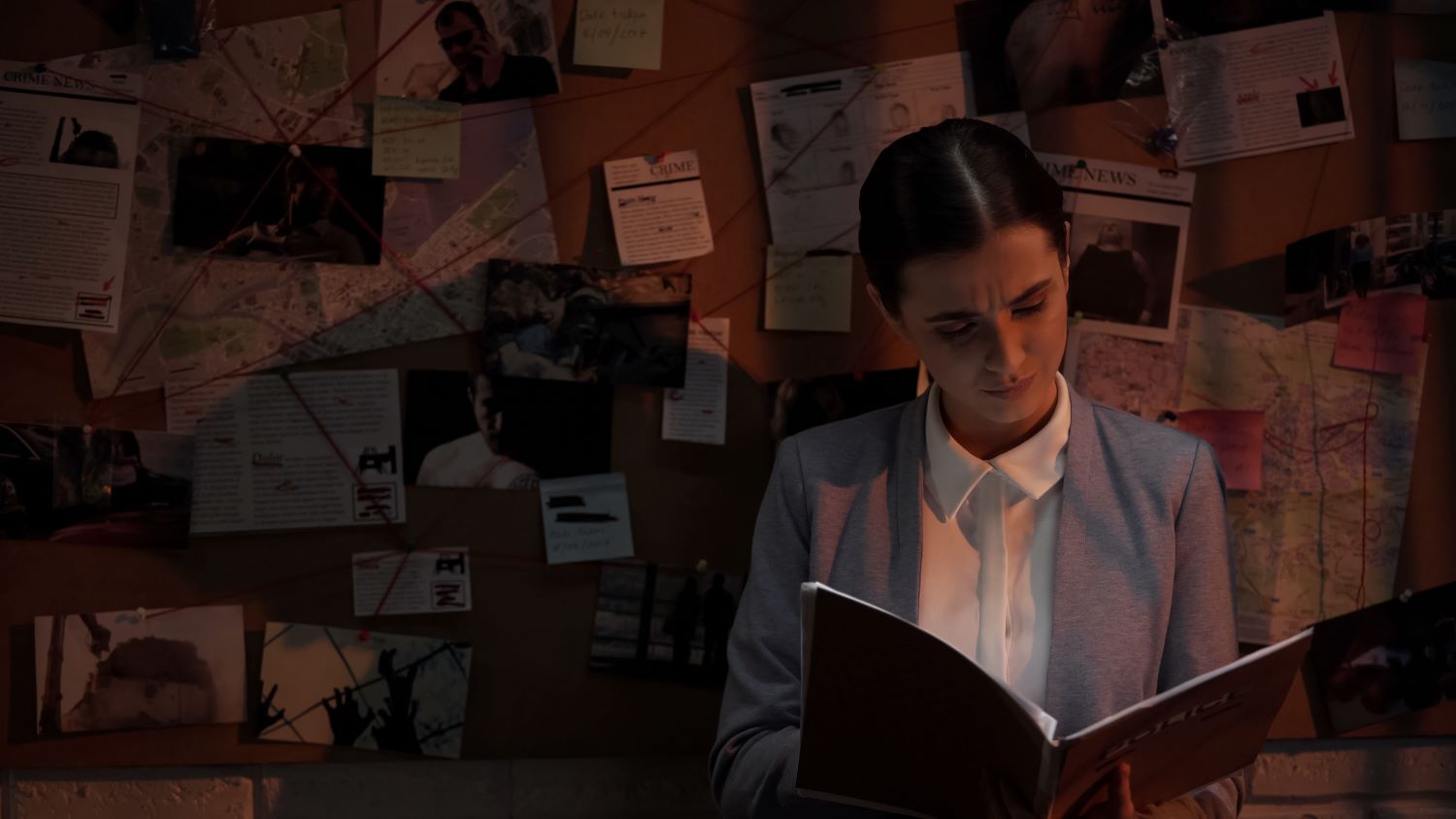
Imagine, for example, that a journalist notices that there have been many road accidents at one particular point on a motorway. The idea here is not to talk about the effect of road accidents in X country. That would be a general idea and would not contribute anything new.
We have to think outside the box to get a narrower angle. We need to find out, for example, whether the motorway is up to code, whether there are any engineering problems.
Is its design defective? Why? Did the contractor cut corners in order to make a profit? Did the government committee responsible accept that it was fit for purpose when the project was completed? Were they perhaps paid by the contractor to turn a blind eye to structural problems? How many other roads have similar problems? Where are the bodies that are supposed to exercise oversight in these matters? Are they colluding with the contractors? Or are they incompetent, ineffective, or short on expertise?
Brainstorming questions like these can lead us to preliminary research that in turn allows us to develop a specific idea. Let’s imagine, for example, that defects in the design and construction of motorways in Country X (corners were cut, oversight bodies turned a blind eye) have led to an increase in the number of motorway accidents and deaths between 2015 and 2019.
During preliminary research, the journalist needs to find out whether this story has been covered before. This requires no more than a brief Google search. If the story has already been done, then they rethink the angle or move on to other ideas.
The journalist also needs to work out how interested the public is likely to be in the story: the more people it affects, the more important it is. But we also need to be wary of simple crowd-pleasing journalism. Investigative journalism’s job is to serve the public interest by holding people accountable.
Another important question is that of risk. Investigative journalism is not a walk in the park - especially in any region that is no friend of freedom and democracy. Every idea for an investigation involves some risk, be it legal, physical or digital, and the journalist needs to be aware of what that risk is and how best to avoid it. If they conclude that they would be risking death by investigating, the best thing is to stay away. No story is worth dying for.
If, after asking themselves these questions, a journalist concludes that the idea is fresh and original and of interest to the public, that the sources are not entirely inaccessible, that the budget, skill sets and tools are all available (or can be got hold of), then we move on to stage two: coming up with questions and answers in order to produce a hypothesis.
This article has been adapted from the AJMI Investigative Journalism Handbook
READ MORE:
Investigative Journalism in the digital age


